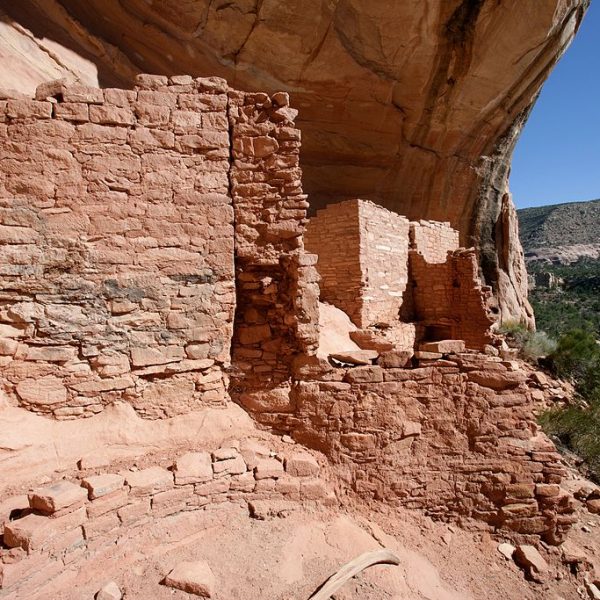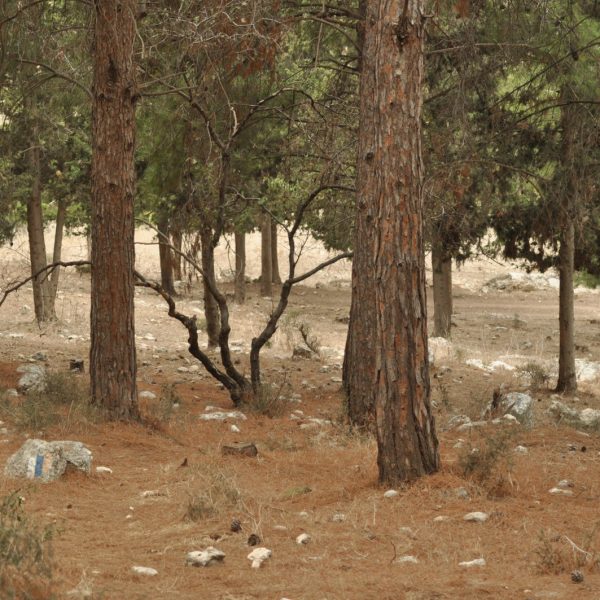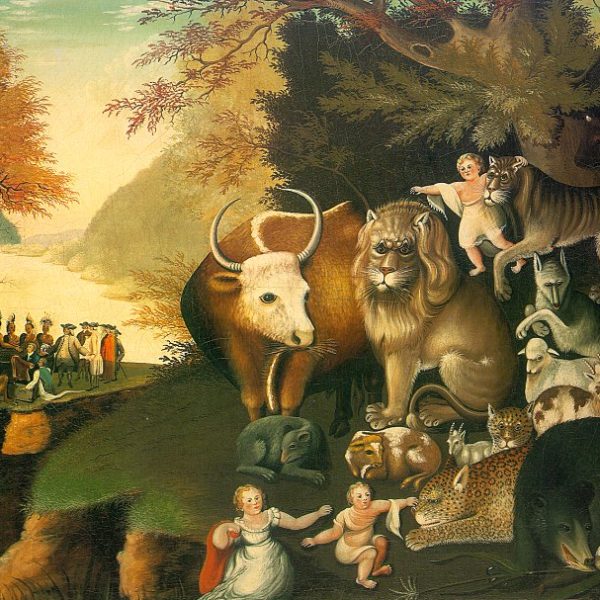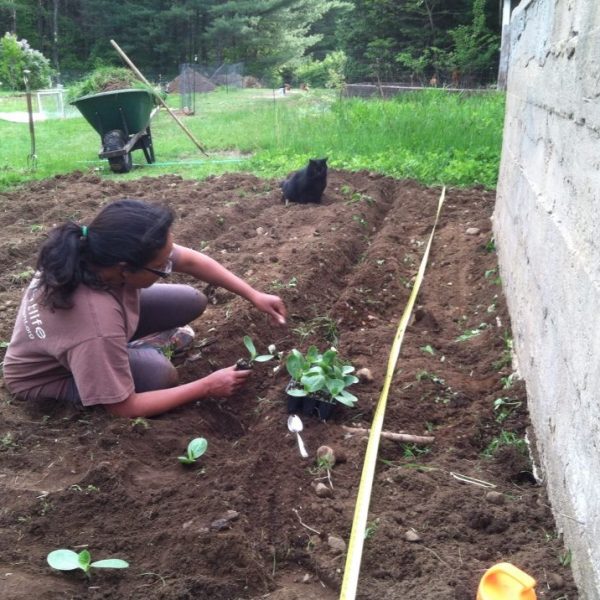
Indigenizing philosophy through the land then is more than a culturally distinct way of philosophizing… it is a process of decolonization in the form of a revitalization of the relational modes of Indigenous life grounded in land as the relational ground of kinship and human beings as grounded in and inextricably entwined with this relational kinship ground.

Native peoples in the Americas understand the universe as alive and sentient. All phenomena in it are understood to be a distinct expression of life force, or spirit. Since all persons – human and other-than-human – such as plants, animals, rivers, winds, and mountains are expressions of spirit, they are understood to be interconnected and contingent.

I am interested in exploring and critiquing the discursive implications of designating this area as wilderness, given the history of this idea and its role in dispossessing Indigenous communities.

While not often recognized as political theology proper, environmental justice movements have for decades been sites of normative creativity. Sometimes overlooked as conventional rights-based complaints against locally unwanted land uses, these movements have in fact depicted ecologies of white supremacy while deploying rights, sacralizing land, and reimagining the human in ways that would utterly reconstruct the basis of politics.

When did the discourse on climate change begin? How was it related to colonialism? And in what way did it serve political objectives in Israel/Palestine throughout the 20th century?

In Isaiah’s prophecy a young child serves as a sign puncturing the gloom of a dark political situation. The use of infants and young children to draw attention to God’s future within the book of Isaiah has significance for our own political visions. In regarding the sign of our children we can accomplish an existential turn from a politics driven by the selfish interests of our own generation to one of responsibility and hope for the well-being of those to come.
